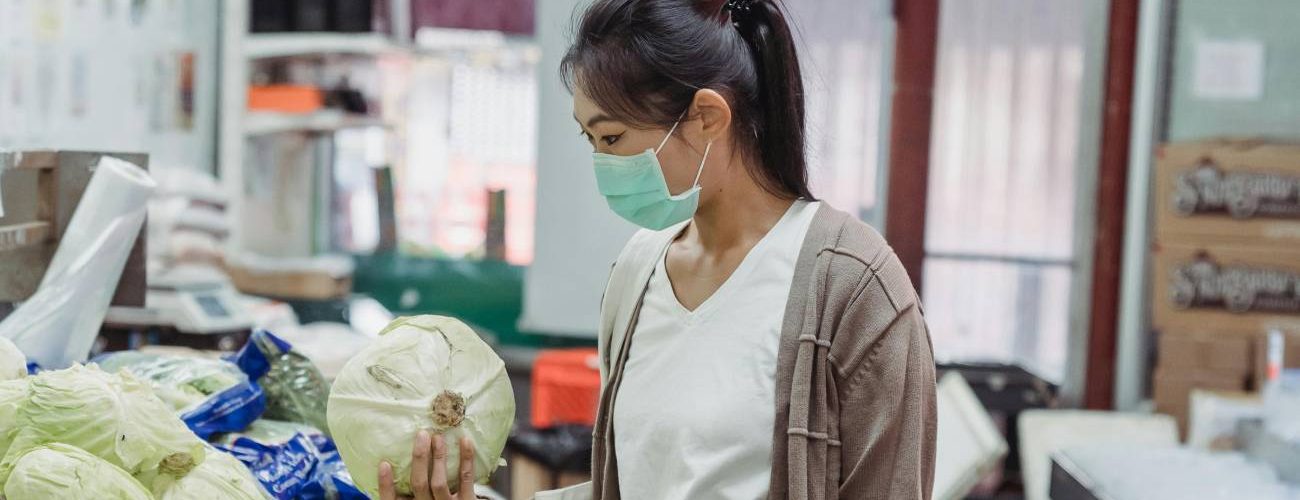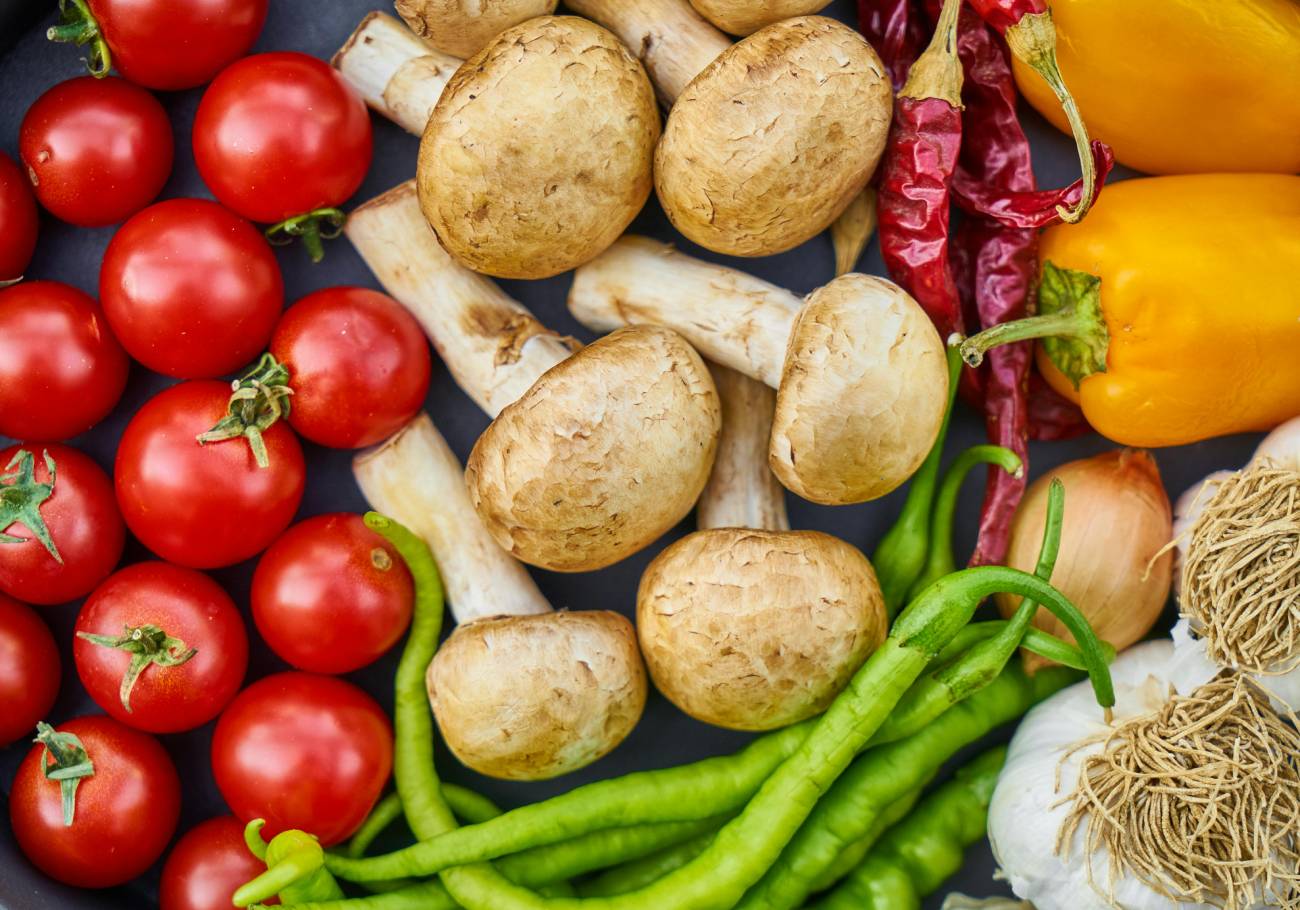
Malaysia’s food security is under threat. Rising vegetable prices—caused by recent floods—are a stark reminder of the fragile state of our agricultural systems.
Prices for staples like sawi, bayam, and kangkung have soared to RM8 per kilogram, more than double their usual cost.
Tomatoes and lady’s fingers have also seen sharp hikes, while red peppers now cost an eye-watering RM22 per kilogram.
The floods in December 2024 ravaged over 100 hectares of farmland across Johor, Melaka, Perak, Kelantan, and Terengganu, pushing vegetable prices up by 50–80%. 1
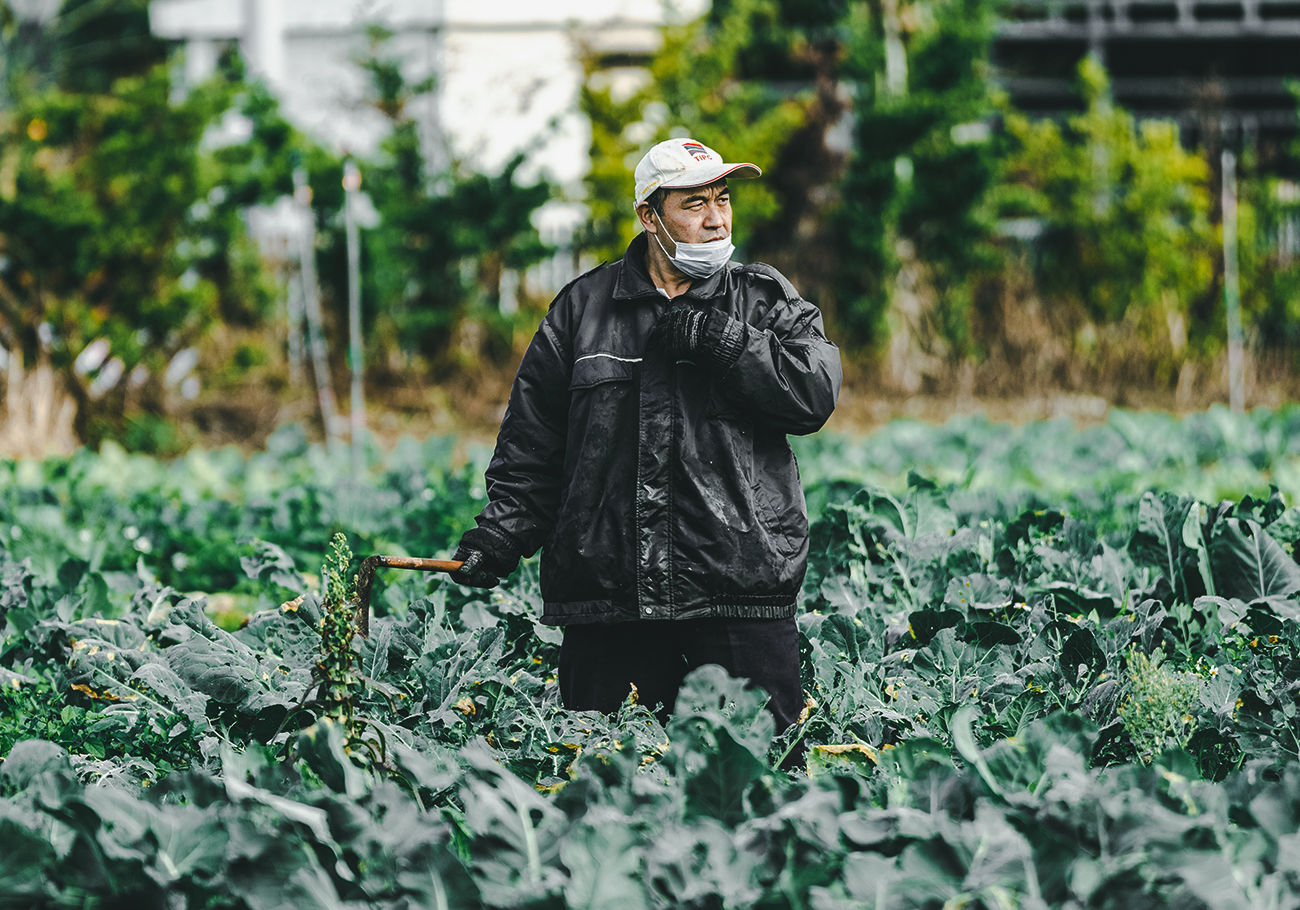
Beyond economic impact, these price hikes deeply affect low-income households, forcing them to prioritise food over essentials like healthcare and education.
Nutritious items like fresh vegetables, fruits, and protein sources become increasingly unaffordable, leading to dietary deficiencies, malnutrition and long-term health issues which are already prevalent in Malaysia.2
This situation underscores the urgency for a resilient and sustainable food system in Malaysia.
The role of climate change in rising costs

The climate crisis exacerbates Malaysia’s food security challenges.
Unpredictable weather patterns—ranging from floods to droughts—disrupt agricultural cycles and damage crops, leaving farmers vulnerable.
This December’s flooding caused widespread destruction, while ongoing droughts threaten future yields.
The data tells a grim story: Malaysia’s food prices rose by 2.6% year-on-year in November 2024, the highest increase since late 2023.
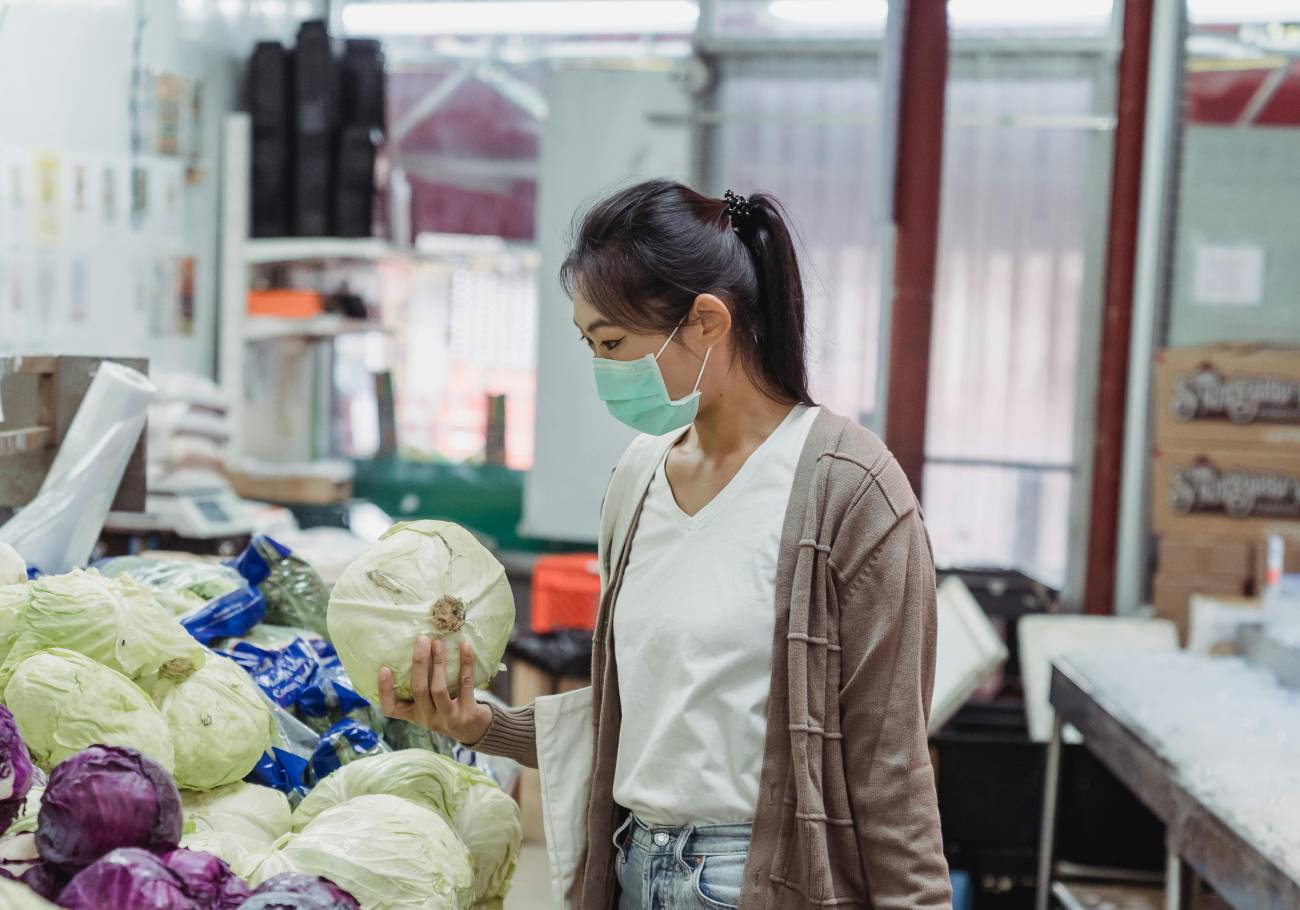
Higher costs for food away from home (4.1%), vegetables (2.7%), and meat (1.4%) all played a significant role..3
Investments in climate-resilient farming methods can make a difference. Flood-tolerant crops, for instance, could safeguard yields during heavy monsoons.
By working closely with research institutions, Malaysia could turn these innovations into practical solutions for farmers, reducing reliance on imported food and strengthening local resilience.
Technology solutions for a resilient future
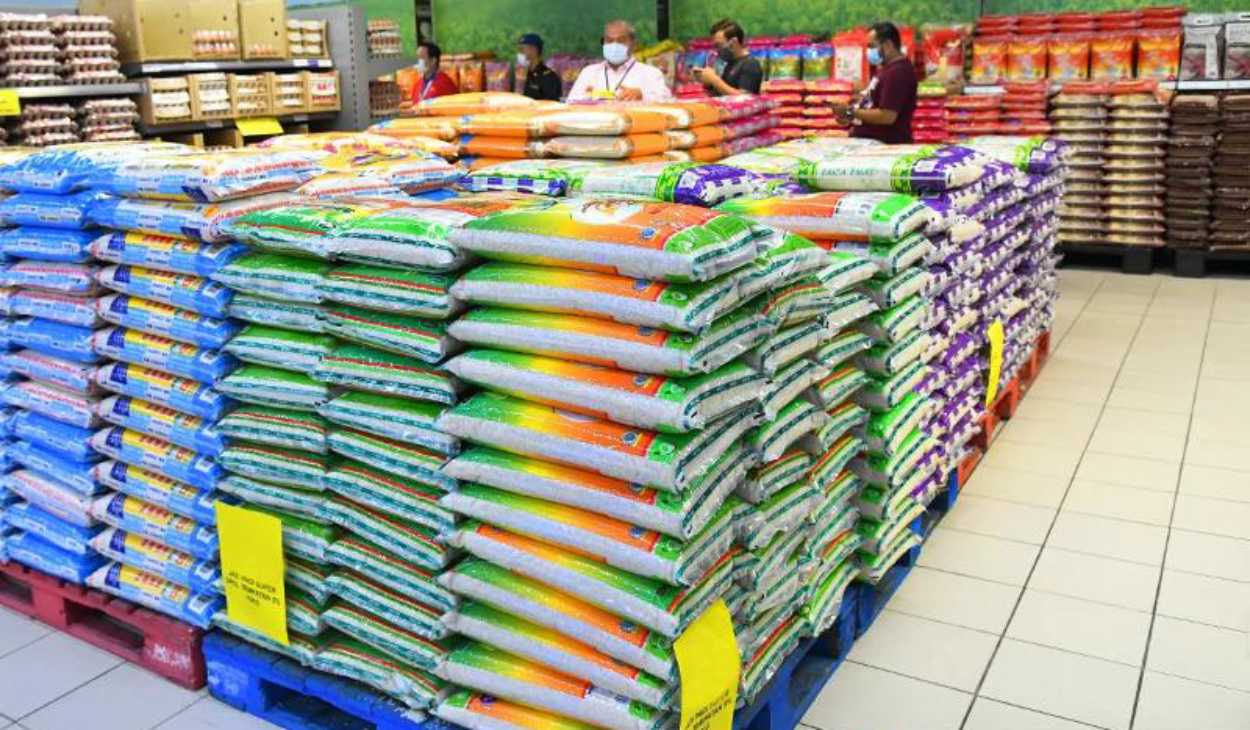
Technology holds immense potential for transforming Malaysia’s agriculture.
Tools like satellite imaging, early warning systems, and AI-driven analytics can optimise resource use and help farmers adapt to climate challenges.
Meanwhile, robotics and drones could automate labour-intensive tasks, improving efficiency and reducing dependence on unpredictable weather.
Smallholder farmers—who form the backbone of Malaysia’s agriculture—often lack access to these advancements.
Government subsidies, affordable credit, and capacity-building programmes are vital for making technology accessible.
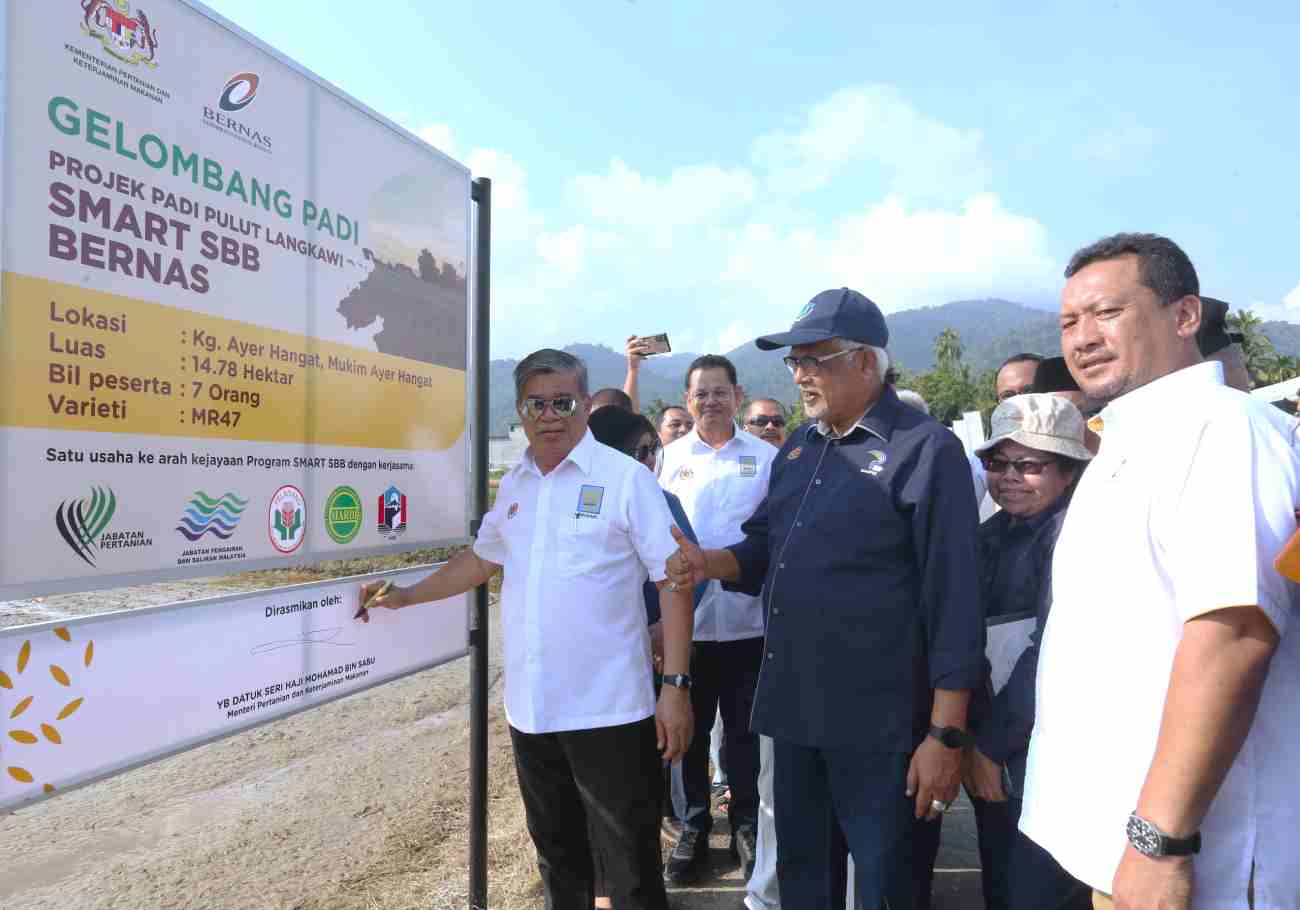
Cooperative models can also foster resource sharing and innovation among farming communities.
Urban farming offers another promising solution. From rooftop gardens to community plots, these initiatives bring food production closer to home, reducing pressure on commercial supply chains.
By growing their own vegetables, families can save money, eat healthier, and foster a sense of self-reliance.
Imagine neighbourhoods coming together to share produce and knowledge, creating a more sustainable food culture.
Malaysia stands at a crossroads in addressing food security. The current crisis is a wake-up call, but it also presents an opportunity to rethink our agricultural systems.
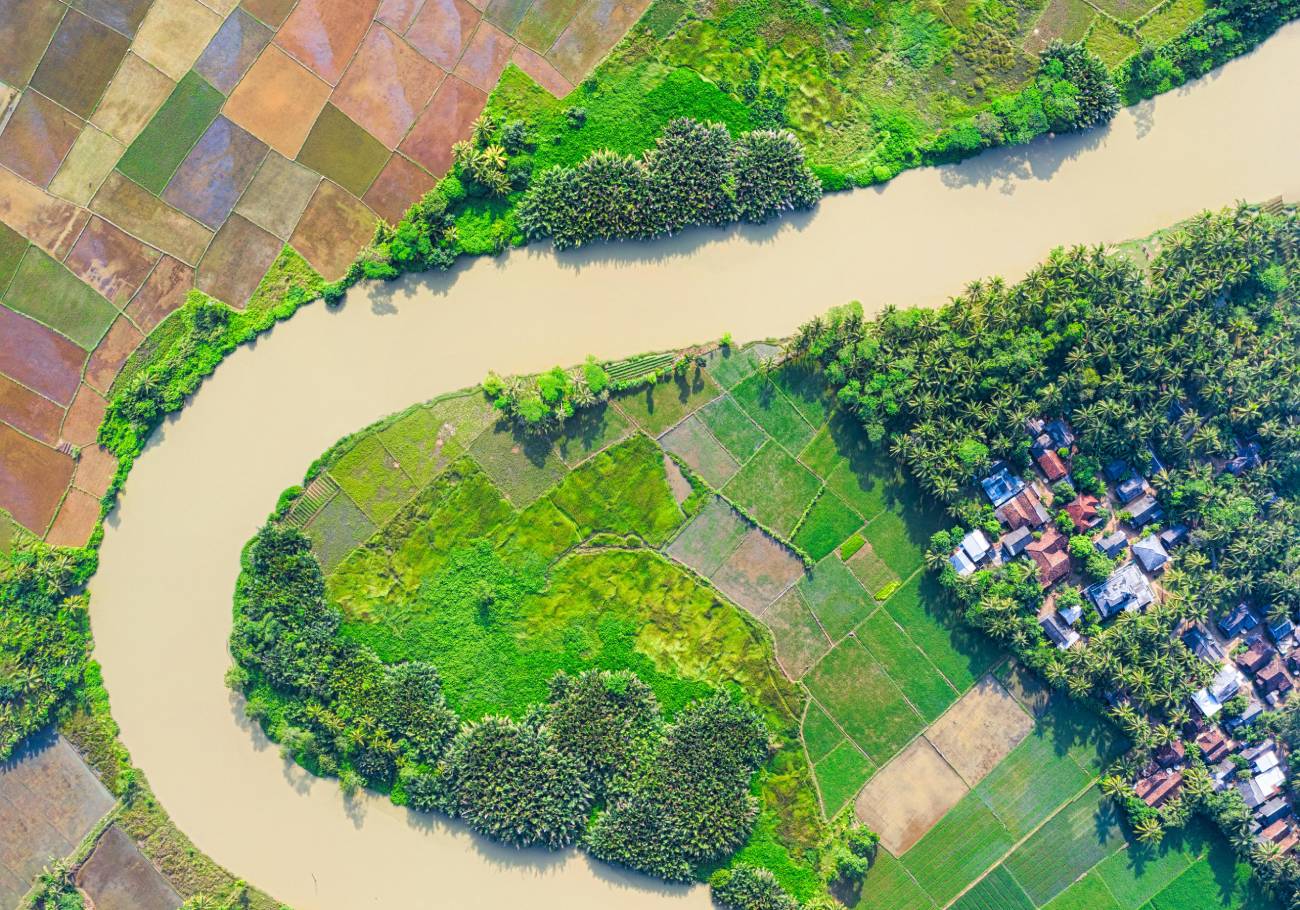
By embracing innovation, empowering farmers, and fostering community action, we can build a resilient, sustainable future.
Every stakeholder—from policymakers to consumers—has a role to play.
Governments must prioritise long-term strategies, while individuals can make small but impactful choices, like reducing food waste and buying locally grown produce.
Together, we can ensure every Malaysian has access to safe, affordable, and nutritious food.
It’s time to act decisively, sow seeds of resilience, and grow a future that withstands the challenges of a changing climate.
Dr Salini Devi Rajendran is a Senior Lecturer at Taylor’s Culinary Institute, Faculty of Social Sciences and Leisure Management at Taylor’s University.


